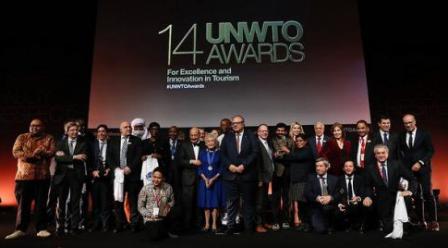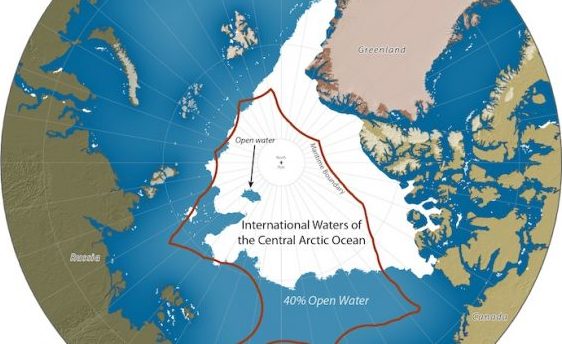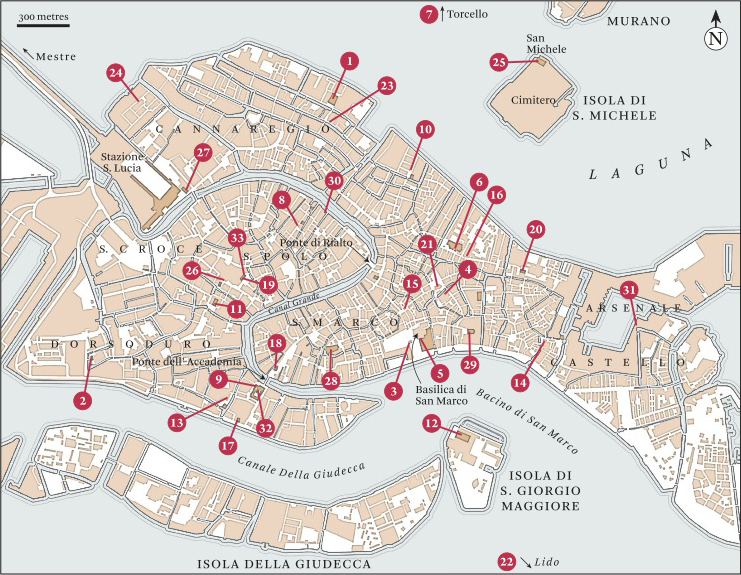Turismo de Portugal I.P, Ecotourism Trust (Inde), Tryponyu (Indonésie) et SEGGITUR (Espagne) ont été les quatre grands gagnants de la 14e Edition des UNWTO « Awards for Innovation in Tourism » / « Prix de l’innovation en tourisme » des Nations unies. En tout, 14 projets parmi 128 candidatures provenant de 55 pays ont été sélectionnés aux titres de Gagnant, 2e ou 3e prix de cette compétition.
Le Tableau qui suit présente donc le total des finalement 14 lauréats, parce qu’il y a des ex equo à deux reprises. Les projets gagnants ont été présentés sous quatre catégories:
- Gouvernance et Politique publique
- Entreprises
- Organisations non gouvernementales (ONG)
- Recherche et technologie
TABLEAU: 14th UNWTO Awards for Innovation (2017)
| Category | Organization | Project | Country | Post | |
| Public Policy and Governance | Turismo de Portugal I.P | Tourism Training Talent (TTT) | Portugal | Winner | |
| Ente de turismo de la ciudad de Buenos Aires | MiBarrio applied research Project | Argentina | Second Prize | ||
| Management Committee of Longmen Grottoes World Cultural Heritage Park | “Internet + Longmen” action plan | China | Third Prize | ||
| Enterprises | Ecotourism Trust | Conservation and Livelihoods: Community managed ecotourism, MANGALAJODI | India | Winner | |
| Valle dei Cavalieri | Community and Resilience: two villages tackle depopulation | Italy | Second Prize | ||
| Balesin Island Club | Three-Pillar innovation Initiative | Philippines | Second Prize | ||
| Great Plains Conservation and the Great Plains Conservation Foundation | Conserving and expanding natural habitats | Botswana and Kenya | Third Prize | ||
| Non-Governmental Organizations | Triponyu.com | Connecting people through local experiences | Indonesia | Winner | |
| Grupo Ecológico Sierra Gorda | Strengthening community tourism | México | Second Prize | ||
| The Sumba Hospitality Foundation | Educating and empowering local communities for Sustainable tourism futures | Indonesia | Third Prize | ||
| Associazione YODA | IT.A.CÁ- Migrants and Travelers, Festival of Responsible Tourism | Italy | Third Prize | ||
| Research and Technology | SEGITTUR | Smart Tourism System (SIT) | Spain | Winner | |
| EarthCheck | Building Planning and Design Standard (BPDS) | Australia | Second Prize | ||
| Croatian National Tourism Board | eVisitor- Croatian national tourist information sysem | Croatia | Third Prize |
Les gagnants ont été dévoilés lors de la UNWTO Awards Ceremony, tenue le 16 janvier 2018 à Madrid, pendant la foire commerciale internationale sur le tourisme FITUR.
“Today we honour the vision and commitment of individuals, administrations, companies and organizations that every day build a better future by harnessing the potential of tourism. The work of all the finalists of the 14 UNWTO Awards on Innovation is an inspiration to all of us”, underlined UNWTO Secretary-General, Zurab Pololikashvili, in his opening remarks.
| The UNWTO Awards for Excellence and Innovation in Tourism are held annually to highlight and promote the work of organizations and individuals around the world that have impacted the tourism sector. Their achievements have served as an inspiration for competitive and sustainable tourism development and the promotion of the values of the UNWTO Global Code of Ethics for Tourism and the Sustainable Development Goals. |
***
Vous aimez cet article! Faites une DONATION à la rédaction du cyberjournal par un clic au bas de la colonne de droite de cette page... MERCI




